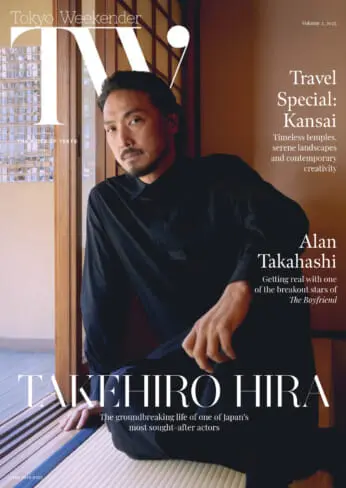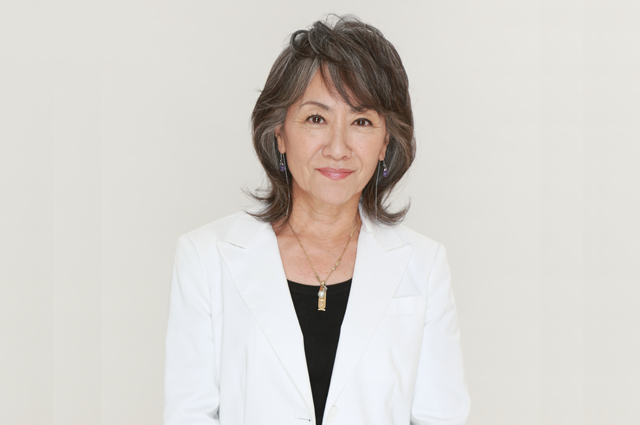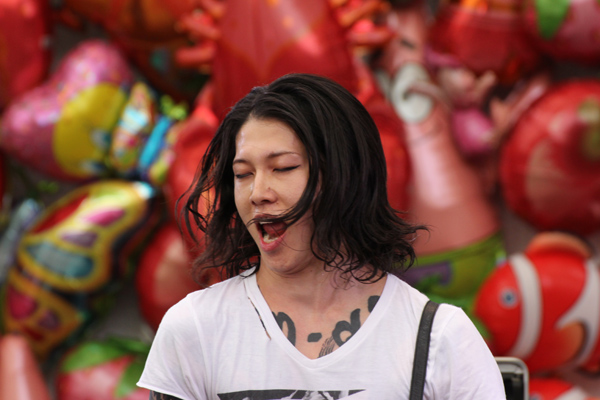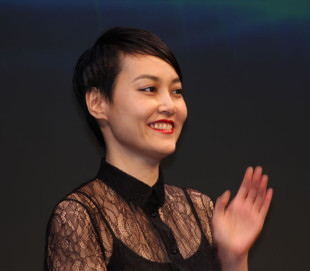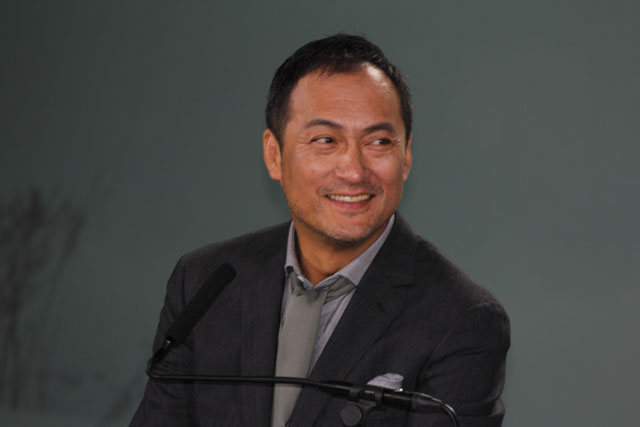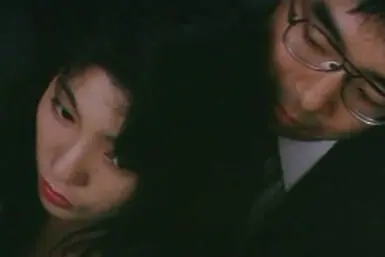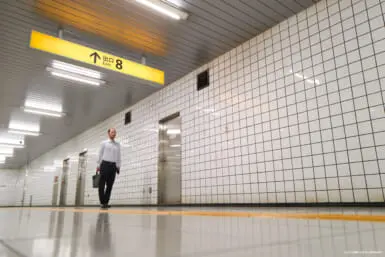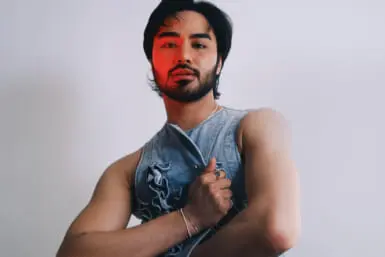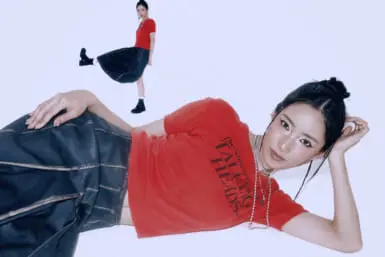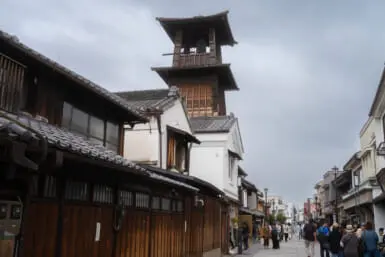Japan’s ambassador to Hollywood talks star quality as another of her discoveries gets ready to hit the big screens.
Matthew Hernon
Since working alongside Steven Spielberg on Empire of the Sun in 1987, Yoko Narahashi has established herself as quite possibly the most prominent Japanese figure in Hollywood. Producer, award-winning director (The Winds of God) and lyricist, she is the lady filmmakers tend to turn to when they need an actor from the Land of the Rising Sun. She persuaded a skeptical Edward Zwick to take a better look at Ken Watanabe, for The Last Samurai (he was actually the first actor that Zwick auditioned for the part) and then gave Rinko Kikuchi, a relative unknown at the time, her breakthrough role in the film Babel.
Both went on to be nominated for Academy Awards, underlining how shrewd the 66-year-old’s judgement is when it comes to discovering talented actors. Her latest find is singer, songwriter and guitarist Miyavi, whom she recently cast as villain Mutsuhiro Watanabe in Angelina Jolie’s upcoming movie Unbroken. The fact that he had never been in a film or TV drama before was of little concern to Narahashi. She is prepared to take a chance on untried actors if they show her something special when auditioning.
“If the talent is there it’s there. It doesn’t matter what is written on their C.V. I love giving new actors a chance: it’s what I have been trying to do for the past thirty years. That’s not to say I avoid big names, I just believe there aren’t enough opportunities for up-and-coming actors like Ken Yamamura, whom we cast in Wolverine and Godzilla. It is usually difficult for someone like him to get a chance in Japan because they prefer to go for more established stars here.
“I think people get tired of seeing the same faces. You often get an actor appearing in multiple dramas, but in many cases they can’t become different characters. NHK does a great job of putting new people in, but generally Japanese TV shows will focus only on well known faces. I’m fortunate in that I’ve been given license to look beyond the obvious names and try to uncover hidden gems like Ken and Miyavi.
“Miyavi just blew me away. I just felt he had a real aura about him; not only did he look amazing but he also had a presence that comes from performing in front of thousands of fans. He plays an army sergeant commanding his troops which was a breeze for him as he is supremely confident. He was initially reluctant to take the role as he was unsure how his fans would react—fortunately Angelina (Jolie) managed to persuade him. I think she was taken aback by his strength and sensitivity. She had to have him in the movie. As a casting director it is amazing when you find someone like that.
“Rinko Kikuchi really stood out at the audition for Babel. Straight away you could see her intensity—here was someone who wanted to make each moment count. Female actors in Japan are generally taught to be humble, feminine and slightly hesitant. Rinko, on the other hand, came across as strong and aggressive: she was a breath of fresh of air. Luckily her character was mute so her lack of English wasn’t a problem. It’s an area she has worked really hard on over the years and is now reaping the benefits. It is similar to Ken Watanabe: he actually started learning English because he wanted to joke around with other cast members.
“He is such a charismatic guy, so bright and humorous. I think some people were surprised when we cast Ken as Katsumoto in The Last Samurai. He was really only a TV actor at that point and hadn’t had a lead role in any major films. I just felt he had a star-like quality and should be doing more. I introduced him to the director (Edward Zwick), who was initially unconvinced, but I persuaded him to give Ken a second audition and I’m just delighted he did. He was perfect for the part and I don’t think the movie would have been as good without him in it.
“I devoted two years of my life to The Last Samurai. I gave it everything I had, researching, translating, acting as an intermediary between the cast and director, there was so much to do. It is not like today when you have various departments to do all those jobs. I had to be everywhere—I even had a small role in the film. It was exhausting but worth it. Edward did a fantastic job and it was a huge box-office success.
“Memoirs of a Geisha didn’t sell as well as it could have done here. Of course one of the main reasons for that was the casting. I introduced a number of girls to Rob [Marshall], but he’d already met Zhang Ziyi and Gong Li before coming to Japan and therefore had a fixed idea in mind. Of course I was disappointed: non-Japanese playing lead roles in a movie about geisha: are you kidding me? I felt deep down that people wouldn’t be happy about it here, but at the same time I knew we would comply with it because that is what we do.
“Japanese directors tend to like female actors who would make good wives. They are often less spectacular and not as sexy as their American counterparts. With male actors in Japan, silence is important. I think it is harder for them to express themselves spontaneously. They have a real depth and inner strength and that is reflected in their pauses. That’s not to say you can’t get that with strong American stars as well, I just believe it is the national characteristic of Japanese actors.
“It is a really tough industry. I see so many talented actors, but in a movie there is only room to cast a few. I hope people realize they are not being rejected because they are bad; sometimes it doesn’t matter how well your audition goes, the director will have a particular look or style in mind and won’t move away from that. If you miss out on one part, don’t take it to heart, there will always be other opportunities.”
Main Image courtesy of United Performers’ Studio
Images courtesy of Bill Hersey
